A Living Text.
-
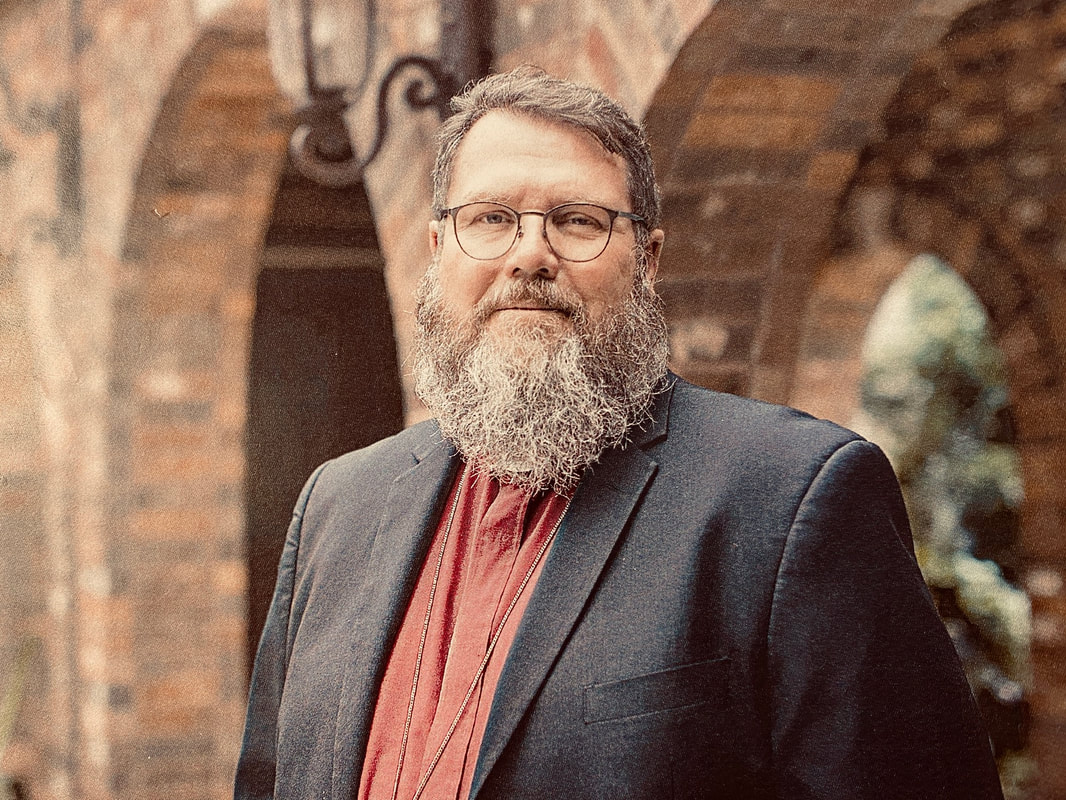
The next ACNA Archbishop
Here are some candidates for the role that I have heard about or suspect. I am adding a few more in based on a helpful comment. Bishop Eric Menees Bishop of the Diocese of San Joaquin. Bishop Menees is bilingual, speaking Spanish as well as English. According to his biography: Following his ordination Bishop Menees…
-
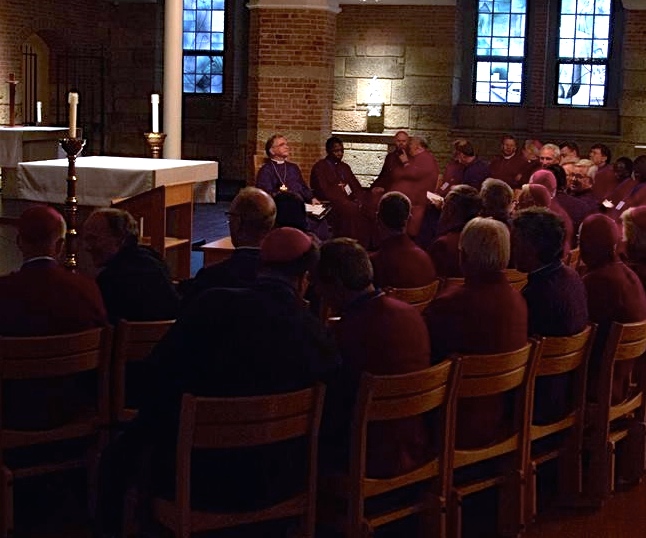
Hard and Honest Work: The 2014 ACNA Conclave
Note: I am republishing this as we are about to have another Conclave. 7/19/24 Former Archbishop Duncan characterized the 2014 Conclave to elect his successor as “hard and honest work” and a variety of other participants offered similar characterizations. The conclave ended with a unanimous vote electing Bishop Foley Beach as the second Archbishop of…
-
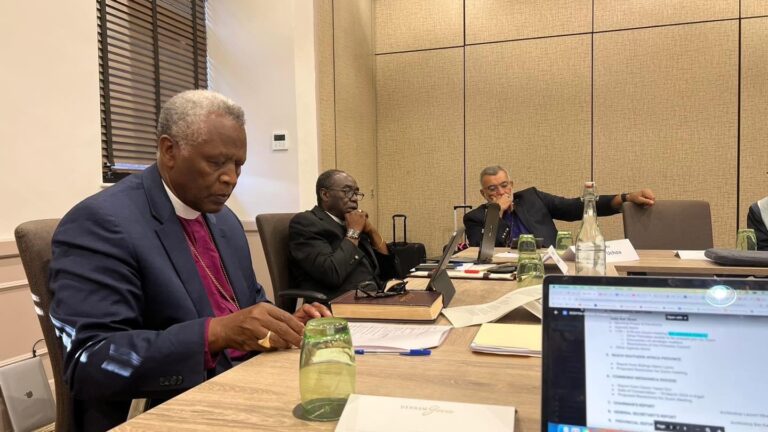
Lack of discernment at ACNA’s Provincial Assembly 2024
In the past I wrote about why it was a mistake to invite Ravi Zacharias and Archbishop Laurent Mbanda to the ACNA’s Provincial Assembly in 2019. The Zacharias mistake is now obvious for the world to see, although I am not aware of ACNA ever apologizing for what they did. Mbanda however has gone from…
-
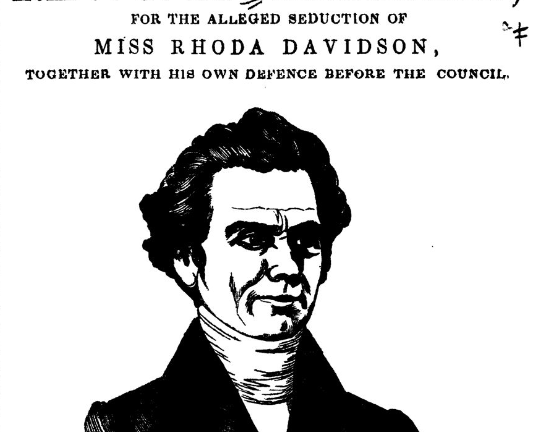
Clerical scandals in the 19th century
We can be tempted to think that clergy behaving badly is a uniquely modern phenomenon, but it is nothing of the sort. Edmund Wilson’s fantastic book Patriotic Gore contains letters from Calvin Ellis Stowe to his wife Harriet Beecher Stowe on the subject of prominent scandals in his day. He wrote: “I have thought much…
-
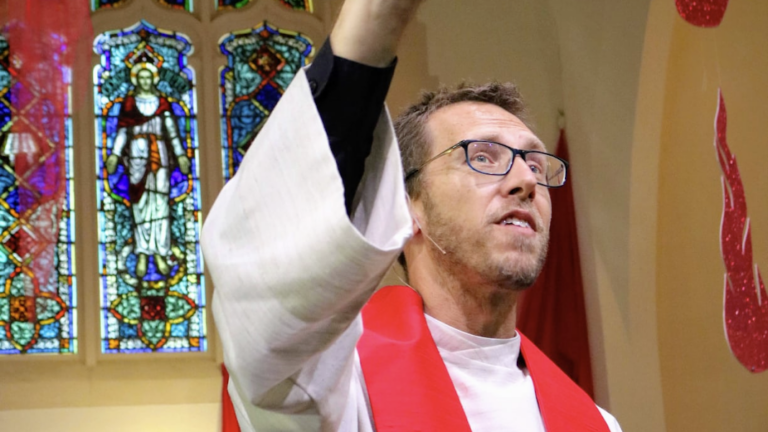
Stewart Ruch and Joshua Moon
The presentment against Stewart Ruch contains extremely troubling facts which bother me personally. They concern Joshua Moon, a man I knew as a fellow parishioner and acquaintance at Church of the Cross in Hopkins, Minnesota. I don’t remember when I first became aware of him, but early on in my time at Cross he started…
-
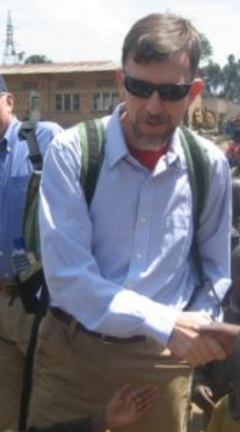
Rev. Dan Claire’s petition denied
The ACNA’s Provincial Tribunal released a decision and order dismissing petition in the case of the Rev. Dan Claire, Church of the Resurrection, Washington D.C. Some background on the case appears at the following links: The decision itself presents the following facts: According to the papers filed by both parties and oral argument on September…
-

III. Reflecting on Jon Shuler
It seems like Jon Shuler is a really good guy with a great heart for what needs to be done. It must eat him up to see what ACNA has become. A denomination that gives lip service to evangelism but is really, among other things, just trying to recreate an orthodox, stable, mainline denomination in…
-
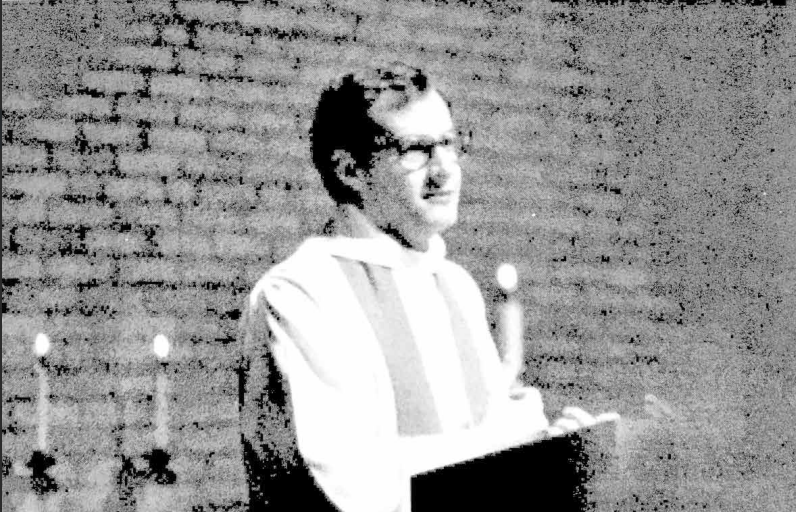
II. Jon Shuler and NAMS
Before I continue my personal involvement with the fledgling AMiA I’ll back up and take a look at someone who I never heard about until the AMiA was in a five-alarm fire six or so years later—that is Jon Shuler. Why Shuler? Well, in many ways he was one of the forerunners of the AMiA…
-

I. Chance Encounters
I’m going to jump around in time a bit. We could start with Bishop Pike, the REC, the Continuum, or any number of avenues, but I will start in Idaho in 2003. I was part of an independent Reformed church that was trending towards Sovereign Grace Ministries as a place to land. The church was…
-
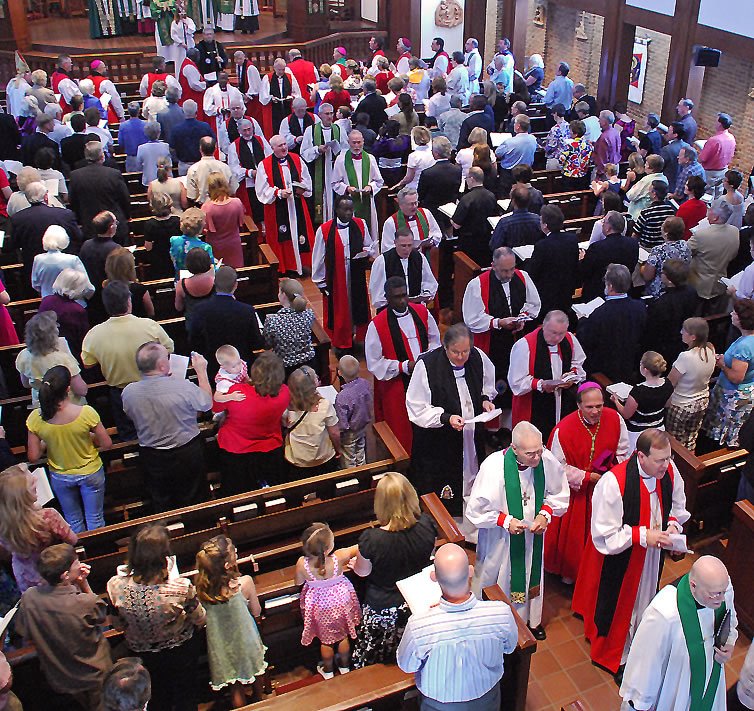
(Recent) Anglican history
I would like to post a series of occasional bits and pieces of Anglican history since much of it is being lost to time. One part of this is my perspective on how the Anglican Mission in America (AMiA) collapsed—yes I know, it still exists—because I was on the periphery of that episode and I…